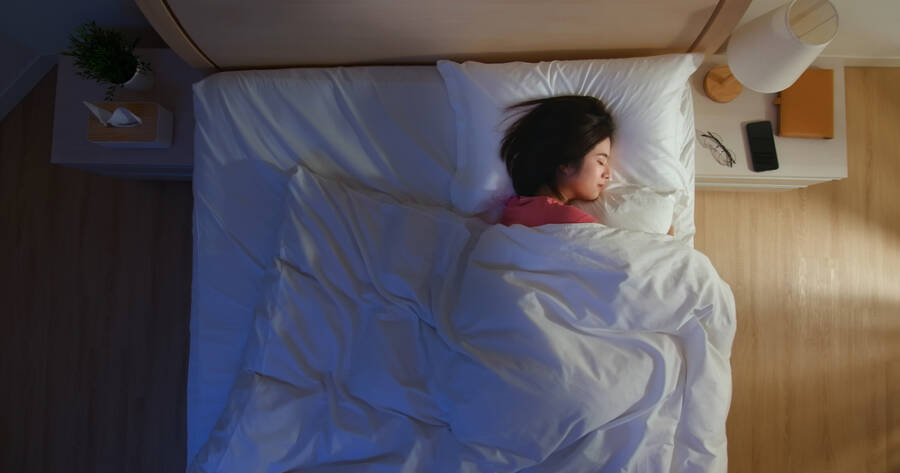Sleepmaxxing emerges as an innovative trend devoted to enhancing sleep quality through strategic routines and lifestyle improvements. Central to this practice are consistent sleep schedules, optimized environments, and mindful dietary and stress management techniques. This approach offers transformative benefits for sleep, well-being, and productivity, making it a compelling health strategy for modern living.
Understanding Sleepmaxxing
Sleepmaxxing is a budding trend focused on optimizing sleep quality through structured routines and healthier lifestyle choices. At its core, sleepmaxxing prioritizes adhering to a consistent schedule. Going to bed and waking up at the same time daily, weekends included, fortifies the body’s natural sleep-wake cycle and promotes better sleep quality. This routine is a key pillar of sleep hygiene, a practice acknowledged for its essential role in achieving restful, uninterrupted sleep.
Sleep Environment and Relaxation
Creating a conducive sleep environment is vital for those wanting to engage in sleepmaxxing. This includes maintaining a cool, dark, and quiet bedroom, conditions which have been shown to enhance sleep quality. Simple adjustments such as blackout curtains and white noise machines can effectively block out disruptions. Moreover, engaging in pre-bedtime relaxation techniques—like meditation or reading—prepares the body and mind for restful slumber.
Diet and Exercise Impacts
What you consume can significantly impact your sleep cycle. Avoiding large meals, alcohol, caffeine, and nicotine near bedtime aligns with sleepmaxxing principles, as these can disrupt sleep and impair sleep quality. Regular exercise, such as twenty minutes of moderate activity, promotes better sleep but should be timed to finish well before bedtime to avoid overstimulation.
Managing Stress and Anxiety
Successful sleepmaxxing includes managing stress effectively. Techniques like deep breathing, journaling, and meditation are crucial for reducing the mental disturbances that can hinder nighttime relaxation. Establishing a relaxing bedtime routine free from electronic devices can also mitigate anxiety-inducing factors, enhancing sleep onset and quality.
Recognizing When to Seek Help
If persistent sleep difficulties arise, it is essential to consult with healthcare professionals. Sleep disruptions can sometimes be symptoms of underlying issues requiring medical intervention for resolution. Cognitive Behavioral Therapy for Insomnia (CBT-I), which has been shown to be highly effective, might be recommended for chronic insomnia over sleep medications.
Why You Should Learn More About Sleepmaxxing Today
Sleepmaxxing offers a comprehensive approach to improve sleep quality significantly. By implementing consistent sleep schedules, cultivating calming environments, and managing dietary and stress-related factors, individuals can achieve restful sleep and improved overall well-being. Adapting to this lifestyle not only enhances nightly rest but also elevates daily productivity and mental health. With the growing awareness of sleep as a critical component of health, sleepmaxxing stands out as a method to optimize one of life’s most underappreciated necessities.
Sources
Explore strategies for better sleep
Learn about wellness sleep tips

